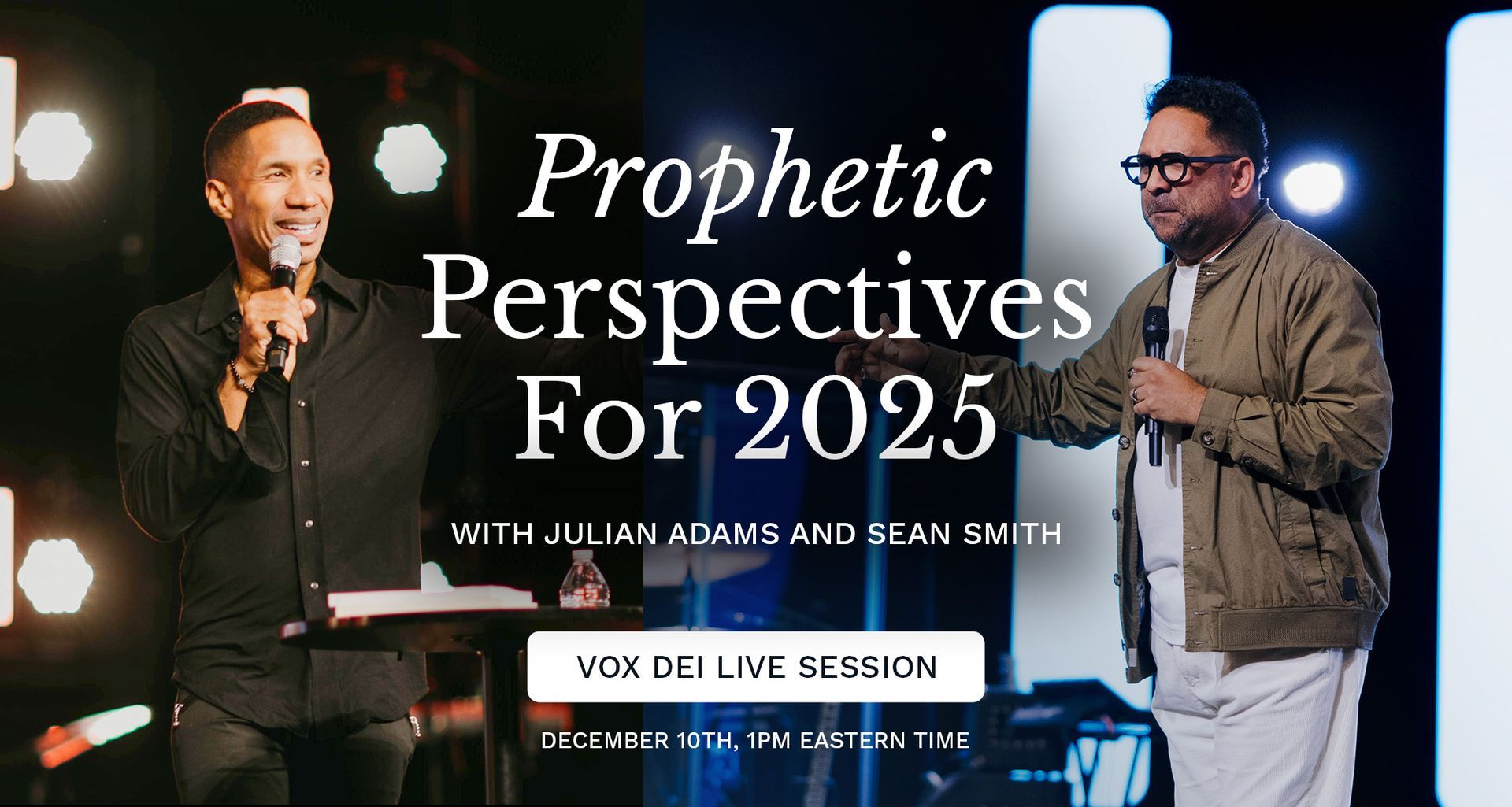What Is Kingdom Creativity
Micah Yongo • August 12, 2018

How can we use creativity to bring the culture of Heaven into our sphere of influence? Our friend Micah Yongo, author of the epic fantasy Lost Gods, uses storytelling to challenge the values and customs of the world, and invites people to imagine something greater. Hear him share his thoughts on Kingdom Creativity. Buy Lost Gods on Amazon
– TRANSCRIPT
My name is Micah Yongo, I’m an epic fantasy author. And I wanna spend a few moments talking to you about kingdom creativity. Because for me, kingdom creativity is just a way of communicating something of the high culture of heaven. Of conveying something of the customs, the values, the truths, the priorities, the norms, the ways of thinking, the rules of inference that ultimately govern that particular culture.
And communicating them in the world in a way that isn’t explicitly Christian necessarily, but that does something to invite people into a place of curiosity. Where they get the opportunity to imagine something of the culture of heaven, without necessarily perhaps being able to articulate that that’s what they’re doing. And so being able to kind of imagine worlds, and ideas, and convey them in such a way that are beautiful, that are engaging, that are actually conversant with the culture that people are already able to relate to. But that are also different and distinctive in some way, that allow people to have their imaginations captured in such a way that allows them to be invited into a process, or into a journey of imagining new realities and imagining new ways even to live, new values, new customs, new norms I think is just a really, really powerful thing and for me, one of the things that have always struck me in my heart as in my approach to writing and my approach to creativity in general. There’s something that Jesus said in his prayer that he taught the disciples when he said that we are to pray for the kingdom to come on earth as it is in heaven. To actually provide in some way, a conduit, or a currency that joins one reality with the other.
And whenever we engage in creativity, whenever we engage in new, and fresh, and distinctive ways of doing things whereby we’re not relying or dependent upon old norms, or old customs, but we’re actually willing to lean in to the presence of God, and lean in to the Spirit, to allow him to actually communicate something through us or with us collaboratively, it does something whereby it opens people up. Because it’s fresh, because it’s different, because it’s new. And it’s not something that’s kind of stayed and something that’s kind of, they are already accustomed to and used to.
And so it really challenges us, it really challenges me in my approach to writing and in my approach to creativity because it’s not about just resting on old laurels, or resting on old routines. It’s about actually having a space of fellowship with the presence of God. A space of fellowship with the Spirit of God, and inviting him into the writing process. It’s about being in a place of worship. And I think whenever we do that, whether it’s as musicians, whether it’s as songwriters, whether it’s as innovators and whatever context or domain that person is occupying and operating in and it allows the presence of God to breathe on that moment and to breathe on what he’s created. And that’s really where the power is, because that’s really what allows people to be engaged, not necessarily, as I said, just so that they can have the opportunity to meet Jesus, but to be engaged in such a way that it allows their imaginations, and their minds, and their hearts to be changed, and to be invited into a new way of experiencing something.

If you want to grow in the prophetic, it doesn’t begin with what you say. It begins with what you see. The prophetic is rooted in perception. Not just natural insight, but spiritual awareness—what Scripture calls “the eyes of your heart.” Paul prayed that the church in Ephesus would have their hearts enlightened so they could truly see what God was doing. “I pray that the eyes of your heart may be enlightened in order that you may know the hope to which He has called you…” (Ephesians 1:18) God isn’t distant or withholding. But if we’re going to hear Him clearly, we have to see differently. We need Heaven’s perspective. And that means learning to quiet the noise, tune into His voice, and let Him train our inner vision. You don’t need to wait for a dramatic vision or audible voice. Often, God speaks through a nudge. A mental picture. A scripture that lingers. A sense of burden or joy that feels holy. These are the first signs that your spiritual eyesight is awakening. But it takes time. It takes attention. It takes trust. Just like physical muscles grow with use, your spiritual senses grow as you spend time with Him—not just talking, but listening. Not just asking for answers, but asking for His perspective. You were never meant to live according to what the world says is true. You were meant to live by every word that flows from the mouth of God. A Prayer for This Week: “Lord, open the eyes of my heart. Teach me to see what You see—not just in others, but in myself, in my circumstances, in the world around me. Give me clarity and confidence to trust Your perspective more than my own. Amen.” This week, pay attention to what you notice. The way you see is often the way He speaks.

We are living in a world of dramatic change. The relentless pace of development often leaves us breathless and exhausted. The demand for innovative ways of communicating, inventing, and staying ahead of cultural trends can feel daunting and demoralizing. It can push us into a space where we find ourselves trying to copy rather than be authentic, to imitate rather than create. This pressure can lead us to believe that we need to be more creative, and that our individual stories do not matter. But nothing could be further from the truth. Your story, no matter how small, matters and is powerful. One of the remarkable aspects of ancient manuscripts, like the Bible, is that they tell the stories of individuals whose lives may seem small and insignificant. Yet, God chose to make their lives a memorial of what He could do with a life that the world deems insignificant. The incredible power of the gospel is that it changes lives one at a time. God is as interested in the individual story as He is in redeeming the cosmos. The aim of the gospel is not just dealing with personal sin; it is about restoring individuals to a relationship with a kind Father. In his book Mere Christianity, C.S. Lewis beautifully said, "The Son of God became a man to enable men to become sons of God." Justification addresses our standing before God, but our adoption invites us into a relationship with the Father. It allows us to partake of who He is and to live in a place of deep joy from who He is. Romans 3:23 reminds us that "all have sinned and fall short of the glory of God." Many of us forget that the work of salvation has turned this verse around. Through Jesus, we have been restored to the glory of God. One description of the word "glory" refers to the divine quality, the unspoken manifestation of God, and splendor. It is the revelation of God's intrinsic worth and beauty. Do you see that? We have been restored to His divine quality, splendor, and beauty. In a world where it can be easy to feel like just another face in the crowd, remember that your story is significant. Your experiences, your journey, and your voice matter. Embrace the unique narrative God has given you and let it shine. You are not just a spectator; you are a vital participant in God's grand story. Your authenticity, creativity, and individuality are valuable. As you navigate the rapid changes of our world, hold on to the truth that your story has power and purpose. God sees you, knows you, and has a plan for your life that is uniquely yours. Let us celebrate the beauty and significance of each individual story, knowing that together, we contribute to a tapestry of divine splendor and glory.



